For over two decades, CHIP has been at the forefront of advancing modern biosurveillance—continuously collecting and analyzing population health data for public health insights. We played a key role in shaping the field of syndromic surveillance, and developed AEGIS, one of the first web-based biosurveillance systems, in partnership with the Massachusetts Department of Public Health. AEGIS was deployed across numerous hospitals to enhance public health monitoring. CHIP also pioneered participatory surveillance and was among the first to leverage news and social media for health data, as well as leading innovations in postmarketing surveillance.
Our expertise in biosurveillance and public health fueled a comprehensive COVID-19 research agenda, starting with the landmark publication in January 2020 that first established the pandemic’s transmissibility. Since then, we have developed predictive machine learning algorithms to forecast future COVID-19 outbreaks, continuing our tradition of cutting-edge public health intelligence.
Projects

HealthMap brings together disparate data sources to achieve a unified and comprehensive view of the current global state of infectious diseases and their effect on human and animal health.
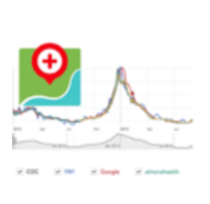
The HealthMap team at CHIP was granted access to the Google Search API in order to model search data. Key initial projects are Healthmap Flu Trends. The project leverages the data from multiple data sources including: FluNearYou.org, athenahealth.com, Google Trends, and Google Flu API Trends, to produce estimates of flu. Next steps are development of an ensemble approach to improve accuracy. CHIP researchers are providing HealthMap Flu Trends to the CDC as a national surveillance data source.

VaccineFinder is a free, online service where users can search for locations that offer vaccinations. We work with partners such as clinics, pharmacies, and health departments to provide accurate and up-to-date information about vaccination services. VaccineFinder is a collaboration with Google and the Centers for Disease Control and Prevention (CDC). Apple updated Apple Maps with COVID-19 vaccination locations from VaccineFinder. Facebook has partnered with VaccineFinder to connect users to COVID-19 vaccines. Amazon's Alexa is powered by data from VaccineFinder. VaccineFinder has been featured in The Wall Street Journal, USA Today, Washington Post, Fox Business, CNN, Forbes, NBC, CNBC, The New York Times, Becker's Health IT, and Fortune.

Influenza and COVID-19 pose major risks to our health and wellbeing. We've created a system that allows citizen scientists, like you, across North America to securely and anonymously self-report symptoms. And since our users generally report before they see a healthcare provider, we can see trends and the spread before local and national public health agencies. Outbreaks Near Me has been featured in The Wall Street Journal.
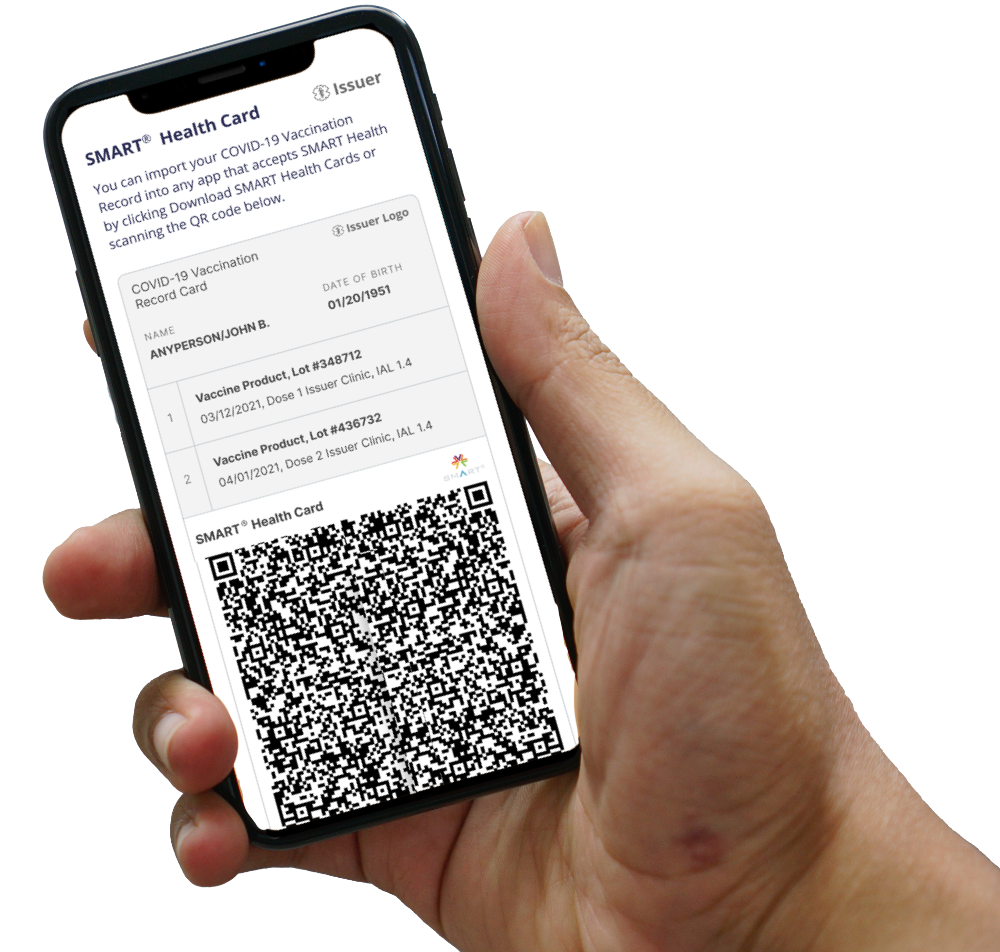
CHIP pioneered the development of SMART Health Cards, which provide individuals with verified, easily shareable versions of their clinical information—such as vaccination history and test results—while maintaining stringent privacy and security standards. Incorporated directly into Apple iOS and widely adopted by major electronic health record (EHR) systems, SMART Health Cards have quickly become a national standard in portable, patient-centric health data exchange. Adoption has been rapid, with 23 state health departments provisioning SMART Health Cards to millions of Americans, enabling a more seamless, trusted, and patient-controlled model for exchanging essential healthcare information.

Cumulus is a federally funded platform, supported by ONC/ASTP, that enables secure, interoperable data federation across all sites of care through cloud-hosted EHR “side cars” and regulated, open standards-based APIs. Under the 21st Century Cures Act, all sites of care must support the SMART Bulk FHIR Access API, which Cumulus utilizes to seamlessly acquire both structured and unstructured clinical data at scale. Implemented with health systems and public health departments as part of the CDC Data Modernization Initiative, Cumulus integrates with a high-throughput large language model (LLM) pipeline to deliver comprehensive analytics and insights. In addition, it now connects the healthcare delivery system to the research enterprise via the ARPA-H Biomedical Data Fabric, fostering innovation, improving patient outcomes, and accelerating data-driven healthcare discovery.
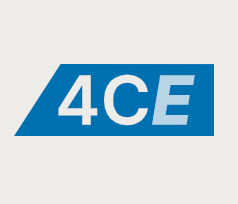
4CE is an international consortium for electronic health record data-driven studies of the COVID-19 pandemic. The goal of this effort—led by the i2b2 international academics users group—is to inform doctors, epidemiologists and the public about COVID-19 patients with data acquired through the health care process.
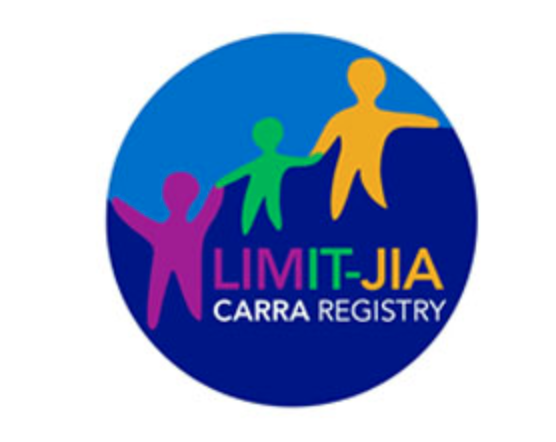
In the LIMIT JIA study, CHIP leads informatics efforts to develop computable phenotypes and implement data-driven approaches to improve enrollment for this trial, which is the first clinical trial to address prevention of disease advancement in oligo-articular Juvenile Idiopathic Arthritis, the most common type of JIA. LIMIT JIA is a phase III randomized clinical trial evaluating the effectiveness of 6 months of treatment with abatacept plus usual care verses usual care to prevent extension of disease in subjects with recent onset, limited juvenile idiopathic arthritis. For this trial, we develop and implement new informatics approaches to rapidly identify potentially eligible subjects and to optimize data completeness of enrolled subjects, linking electronic health record data with the CARRA Registry.

CHIP investigators developed the world’s first estimate for transmissibility of COVID-19 in 2020.

CHIP faculty were able to get a real-world measure of COVID-19 vaccine effectiveness. Our faculty conducted the largest study yet to quantify the impact of the COVID-19 vaccine outside the rigorous confines of a randomized, blinded clinical trial aimed at measuring effectiveness for regulators. The study has been featured in The New York Times, Bloomberg, and Fortune.
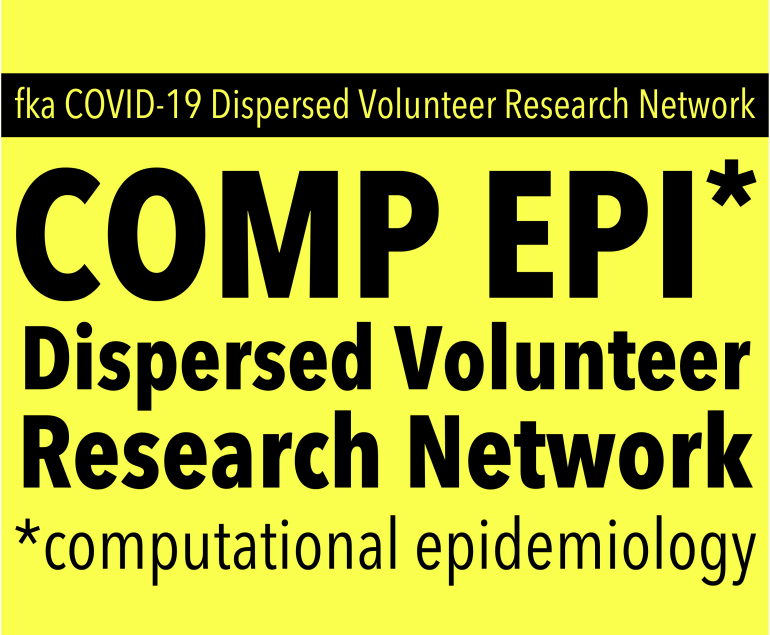
This research network is a volunteer-based virtual laboratory for scholars from around the world with an interest in computational epidemiology. Initial work focused on COVID-19 and similar vaccine-preventable diseases, and is now expanding into other contagious phenomena that impact human health and longevity, including policing, gun violence, and misinformation.

This project is using digital data streams and machine learning to address four foundational challenges within the context of vaccine-preventable disease research and computational epidemiology more broadly. CHIP researchers are developing: 1) a meta-analytical tool to estimate REff, a measure of disease transmissibility across multiple research groups; 2) a surveillance system to monitor vaccine hesitancy and an inference system to produce more representative measures for human mobility; (3) a generalizable agent-based model for epidemic forecasting that features behavioral parameters; and (4) a cross-institutional virtual laboratory for computational epidemiology scholars to collaborate on vaccine-preventable disease research all around the world.
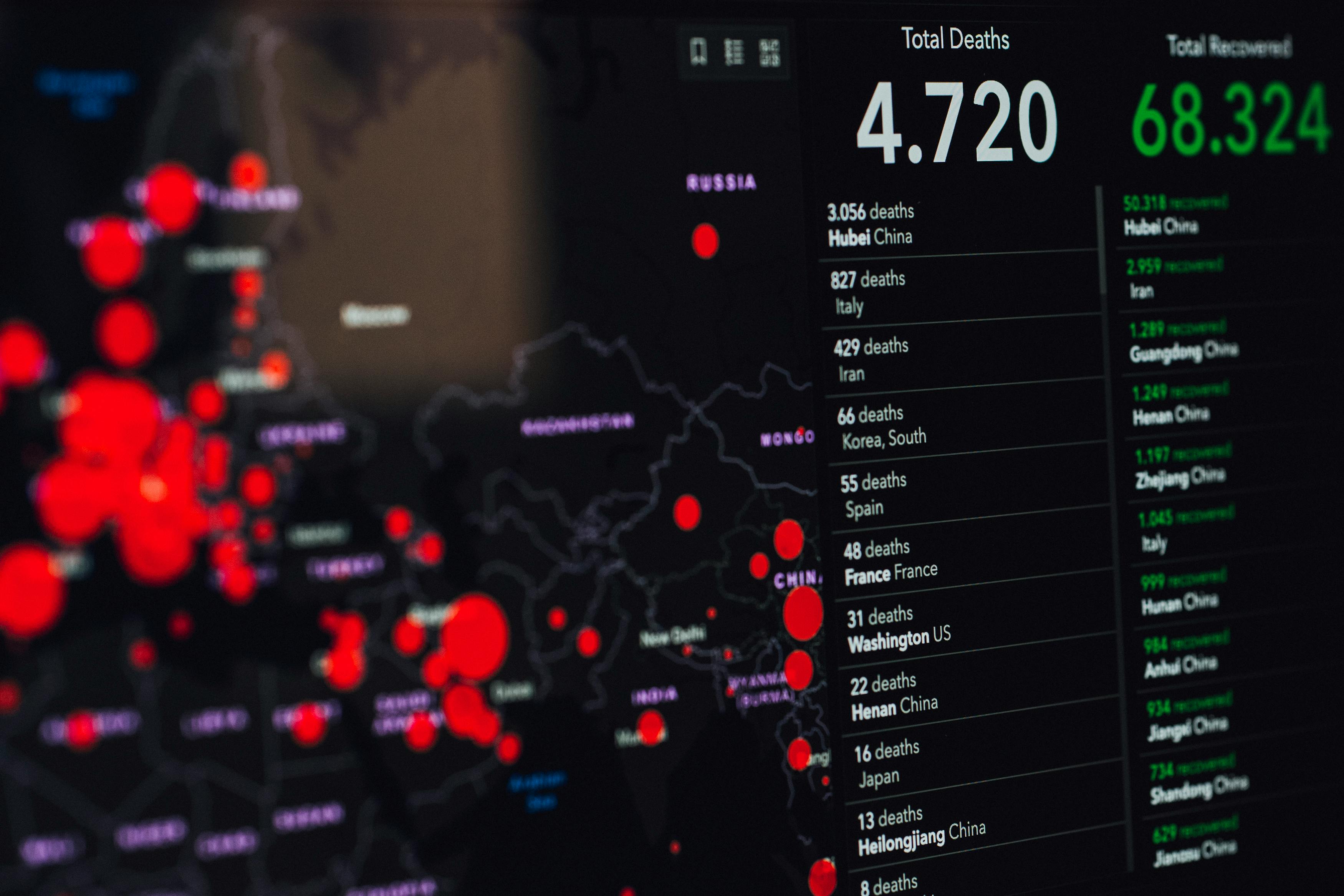
COVID-19 demonstrated the urgent need for new data-driven tools for pandemic surveillance, prediction, and mitigation. CHIP investigators are collaborating with colleagues in public health, clinical biomedicine, computer science, AI, and social science to plan, develop and deploy a new modeling pipeline for future pandemic threats. Pipeline design includes understanding and modeling: 1) pandemic potential for disease surveillance, 2) the impact of interventions for disease prediction, and 3) intervention acceptance (and refusal) for disease mitigation. This project is also engaging the next generation of pandemic scholars by educating and training graduate students and postdoctoral fellows, with an emphasis on communicating science for societal impact.

A team of CHIP researchers is designing a machine learning framework that can develop a classification tool to label social media accounts as “potential agents of disinformation” – accounts that spread disinformation with the aim of being deliberately deceptive. Agents of disinformation may be incentivized by malicious third-party actors to spread misinformation across a variety of topics, with the objective of prompting widespread instability among the general public. This project aims to distinguish third-party-incentivized agents of disinformation from other, more benign, accounts.
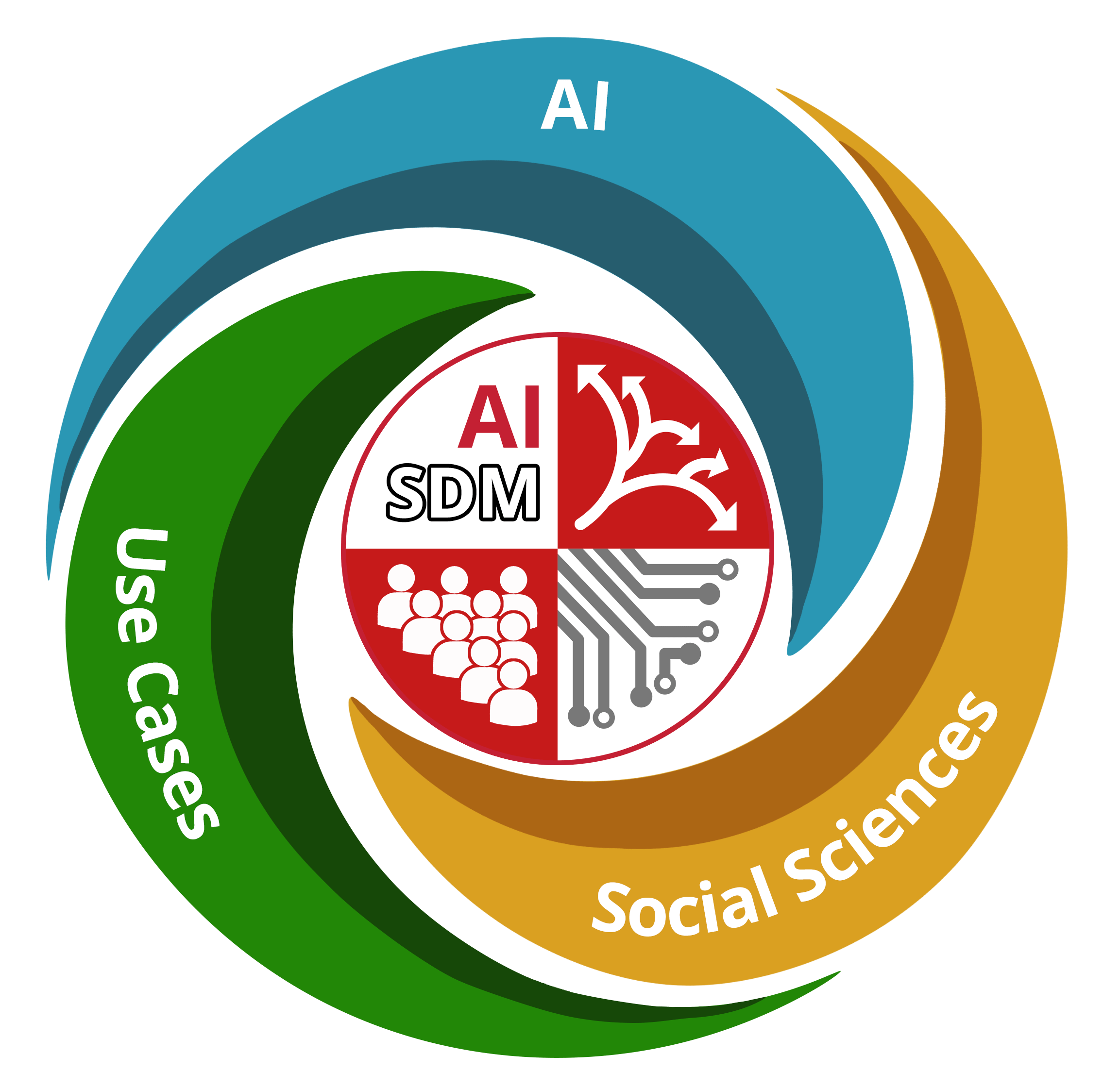
As a part of the AI Institute for Societal Decision Making, a CHIP researcher is co-leading an AI Deployment project – Dynamic and Equitable Resource Allocation – which aims to enable public health officials and emergency managers to allocate resources equitably under evolving demands, resource constraints, and multiple competing criteria.




